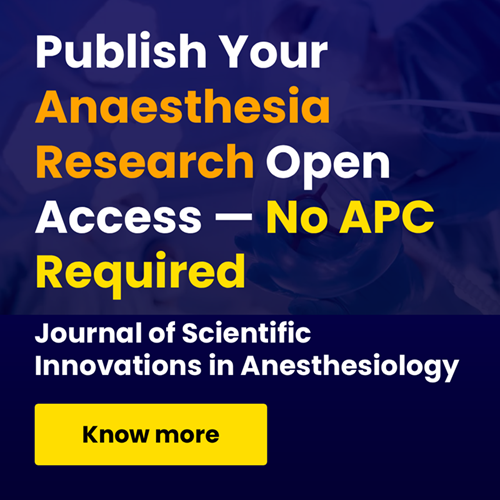Ecological Engineering and Environmental Technology
Published by Polskie Towarzystwo Inzynierii Ekologicznej (Journal Finder)
eISSN : 2719-7050
Abbreviation : Ecol. Eng. Environ. Technol.
Aims & Scope
Ecological Engineering and Environmental Technology (EEET) – is an international scientific journal widely looking up of ecological and technological solutions related to environmental engineering.
Ecological engineering is a theoretical and applied knowledge in many fields of science and technology, which is the basis of rational use and protection of the natural environment (Prof.
Jan Siuta).
Topics of the Journal: • Waste management • Pro-ecological technologies • Environmental landscaping • Environmental monitoring • Climate change in the environment • Sustainable development • Surface water management • Potable water treatment and distribution • Water and wastewater treatment • Smog and air pollution prevention • Prevention of noise in the environment • Protection and reclamation of soils • Heavy metals in the environment • Renewable and non-conventional energy sources • Environmental protection of rural areas • Environmental life-cycle assessment (LCA) • Simulations and computer modeling for the environment • Geographical Information Systems (GIS) and remote sensing applications
View Aims & ScopeMetrics & Ranking
Journal Rank
| Year | Value |
|---|---|
| 2024 | 17283 |
Journal Citation Indicator
| Year | Value |
|---|---|
| 2024 | 843 |
SJR (SCImago Journal Rank)
| Year | Value |
|---|---|
| 2024 | 0.281 |
Quartile
| Year | Value |
|---|---|
| 2024 | Q3 |
h-index
| Year | Value |
|---|---|
| 2024 | 15 |
Abstracting & Indexing
Journal is indexed in leading academic databases, ensuring global visibility and accessibility of our peer-reviewed research.
Subjects & Keywords
Journal’s research areas, covering key disciplines and specialized sub-topics in Environmental Science, designed to support cutting-edge academic discovery.
Licensing & Copyright
This journal operates under an Open Access model. Articles are freely accessible to the public immediately upon publication. The content is licensed under a Creative Commons Attribution 4.0 International License (CC BY 4.0), allowing users to share and adapt the work with proper attribution.
Copyright remains with the author(s), and no permission is required for non-commercial use, provided the original source is cited.

